Post by petrolino on Mar 14, 2020 1:28:36 GMT
Recommended Plague Tales

'Panic In The Streets' (1950 - Elia Kazan)

'The Seventh Seal' (1957 - Ingmar Bergman)
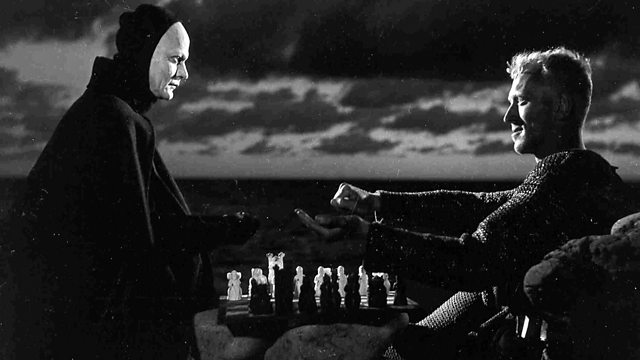
'The Last Man On Earth' (1964 - Ubaldo Ragona & Sidney Salkow)

'The Masque Of The Red Death' (1964 - Roger Corman)
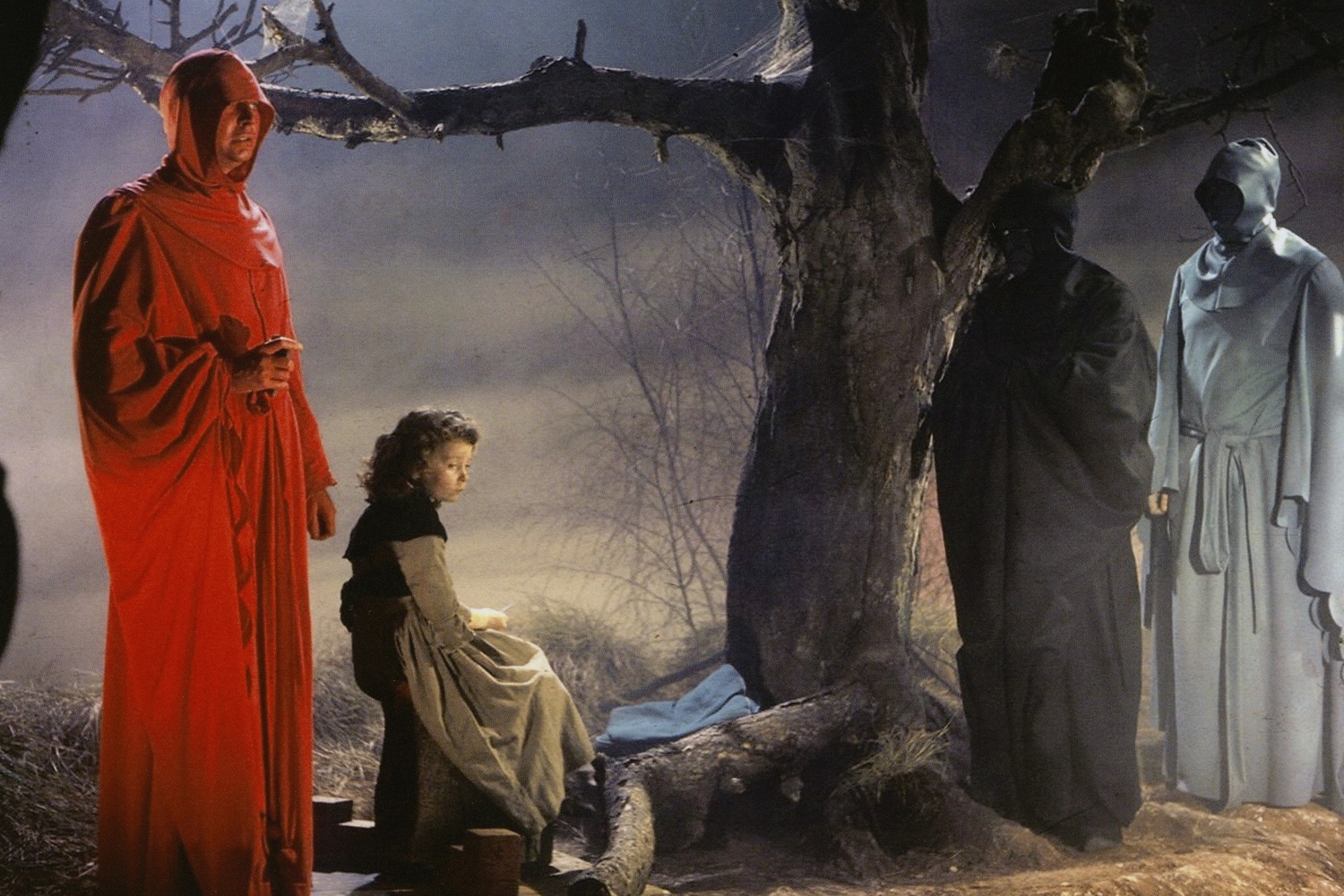
'I Drink Your Blood' (1970 - David Durston)
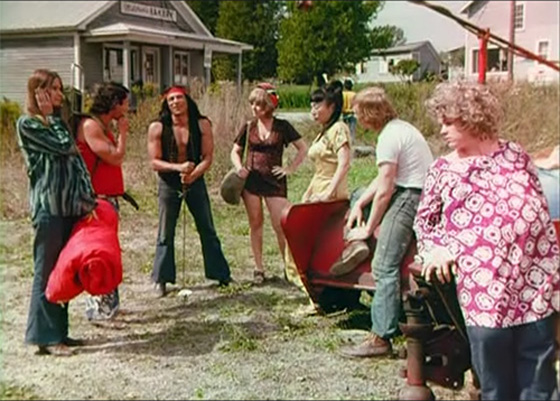
'Ay! Mourir Pour Toi' - Charles Aznavour
'The Andromeda Strain' (1971 - Robert Wise)
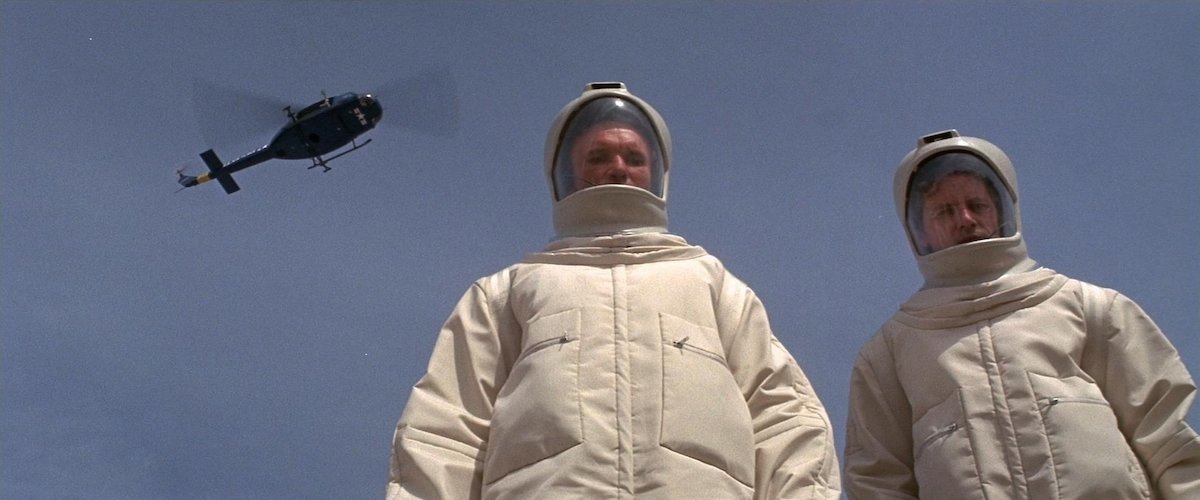
'The Omega Man' (1971 - Boris Sagal)

'The Crazies' (1973 - George Romero)
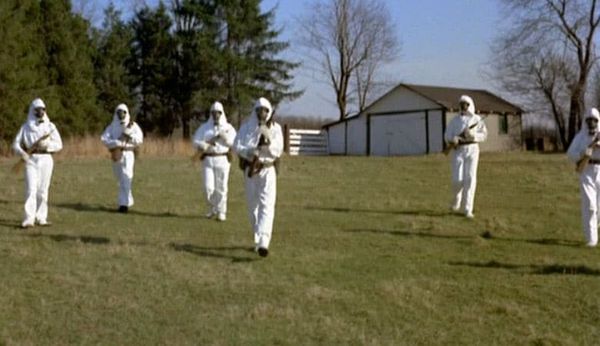
'Rabid' (1977 - David Cronenberg)

'The Grapes Of Death' (1978 - Jean Rollin)

'La Mort' - Jacques Brel
'Nightmare City' (1980 - Umberto Lenzi)

'Virus' (1980 - Bruno Mattei)

'Flesh + Blood' (1985 - Paul Verhoeven)

'Creepozoids' (1987 - David DeCoteau)

'Cabin Fever' (2002 - Eli Roth)

Charles Aznavour & Jacques Brel

Scott Walker & Lulu

'The Plague' - Scott Walker
Book Club : Book Quartet
'The White Plague' (1937) by Karel Capek
"The White Plague, which was first produced 70 years ago this week, is known for its satirical portrayal of a bloodthirsty dictator known as the marshal. This demagogic character uses public hysteria over an epidemic to strengthen his grip on power, while only a humble but brilliant doctor stands in his way.
The marshal is strongly reminiscent of Hitler, a figure whose shadow loomed large over Europe when the play was first staged. Unfortunately, The White Plague turned out to be a sadly prescient drama: Just one year after it was first produced, Hitler annexed Czechoslovakia and the play's author Karel Capek was to suffer greatly for his democratic views."
The marshal is strongly reminiscent of Hitler, a figure whose shadow loomed large over Europe when the play was first staged. Unfortunately, The White Plague turned out to be a sadly prescient drama: Just one year after it was first produced, Hitler annexed Czechoslovakia and the play's author Karel Capek was to suffer greatly for his democratic views."
- Coilin O'Connor, Radio Prague
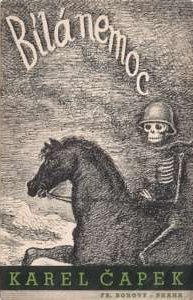
'The Plague' (1947) by Albert Camus
"Of all Camus’ novels, none described man’s confrontation – and cohabitation – with death so vividly and on such an epic scale as La Peste, translated as The Plague. Most of us read The Plague as teenagers, and we should all read it again. And again: for not only are all humankind’s responses to death represented in it, but now – with the advent of Ebola – the book works on the literal as well as metaphorical level."
- Ed Vulliamy, The Guardian

'The Stand' (1978) by Stephen King
"The Stand, first published in 1978, was nominated for the World Fantasy Award in 1979. It was author Stephen King's sixth work of fiction, a cross-over of epic fantasy, horror and dystopia which still remains one of the finest works of its type and the novel that King's legions of fans love most."
- Floresiensis, Fantasy Book Review
"The Aurora virus is a pandemic that drops on the world like some fairytale enchantment. It seals the women inside fibrous cocoons and leaves the men in a state of bull-headed disarray. There are riots outside the White House; an apocalyptic gang war in the streets of Chicago. Meanwhile, in Dooling, West Virginia, the battle of the sexes boils down to a joust between Clinton Norcross, a harried prison psychiatrist, and Evie Black, a supernatural girl drifter, incarcerated for the murder of a pair of crystal meth cookers. The clock is ticking, the end is nigh, and yet these two remain locked in their Mars-versus-Venus dispute. “We could go on like this for ever,” Evie sighs in her cell. “He said, she said. The oldest story in the universe.”
While the entertaining Sleeping Beauties – written by Stephen King in tandem with his novelist son, Owen – doesn’t quite last for ever, its allegorical drama extends across 736 pages. It’s a bulging, colourful epic; a super-sized happy meal, liberally salted with supporting characters and garnished with splashes of arterial ketchup. These women are sleeping but they must not be disturbed."
While the entertaining Sleeping Beauties – written by Stephen King in tandem with his novelist son, Owen – doesn’t quite last for ever, its allegorical drama extends across 736 pages. It’s a bulging, colourful epic; a super-sized happy meal, liberally salted with supporting characters and garnished with splashes of arterial ketchup. These women are sleeping but they must not be disturbed."
- Xan Brooks, The Guardian

'The White Plague' (1982) by Frank Herbert
"FRANK HERBERT'S latest novel is surprising in almost every way. To begin with, he has chosen not to return to the scene of his bestselling science-fiction series, the ''Dune'' tetralogy. After creating an immense far-future drama that mixed ''Star Wars''-type derring-do with ecological and eschatological concerns, Mr. Herbert has reined in his imagination and set it a much grimmer task. The time is today. The theme is the End of Civilization as We Know It. The agent of destruction is the White Plague, a genetically engineered disease that kills only women."
- Gerald Jonas, The New York Times

Sounds for the Apocalypse : 4 Songs by the Smashing Pumpkins

'Rhinocerous'
'Snail'
'Spaceboy'
'Bullet With Butterfly Wings'







